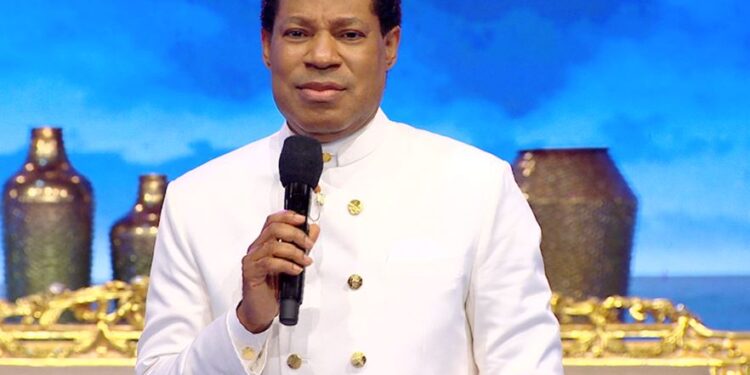FG Warns Nigerians Against Excess Salt Intake After Pastor Chris Oyakhilome’s Viral Video Advising His Members To Eat Salt Surfaced

Pastor Chris Oyakhilome
A public health advisory has been issued by the Federal Ministry of Health and Social Welfare, cautioning Nigerians against excessive consumption of salt, following a viral video in which the founder of Loveworld Incorporated (Christ Embassy), Pastor Chris Oyakhilome, encouraged increased salt intake among his followers.
In the video, which has drawn widespread attention on social media, Oyakhilome claimed that Africans have been “deliberately discouraged” from consuming salt in order to create a dependence on sodium-based medications. “
They told you not to take salt so that you can buy their drugs—drugs that contain sodium,” he said during a church service. “Salt is not your enemy.”
In response, the health ministry urged Nigerians to adhere to medically sound dietary advice and warned of the serious health risks associated with indiscriminate salt consumption.
A statement signed by Alaba Balogun, Deputy Director of Information and Public Relations, emphasized the need to counter misinformation that could harm public health.
“The Federal Ministry of Health and Social Welfare has observed a widely circulated video in which a respected religious leader discourages Nigerians from heeding medical advice on salt consumption,” the statement read. “While we deeply respect the important role of faith and religious leaders in our society, it is crucial to correct misinformation that poses a risk to public health.”
Balogun acknowledged that while salt contains sodium—an essential mineral for nerve and muscle function—excessive consumption is linked to several non-communicable diseases. “High salt consumption is associated with high blood pressure, heart failure, stroke, and kidney disease, among others,” he warned.
He also cited international dietary guidelines, stating, “The World Health Organisation recommends a maximum of 5 grams of salt per day , roughly one teaspoon, for adults.”
The ministry concluded by urging the public to seek health guidance from certified professionals and to be skeptical of advice not grounded in scientific evidence.





